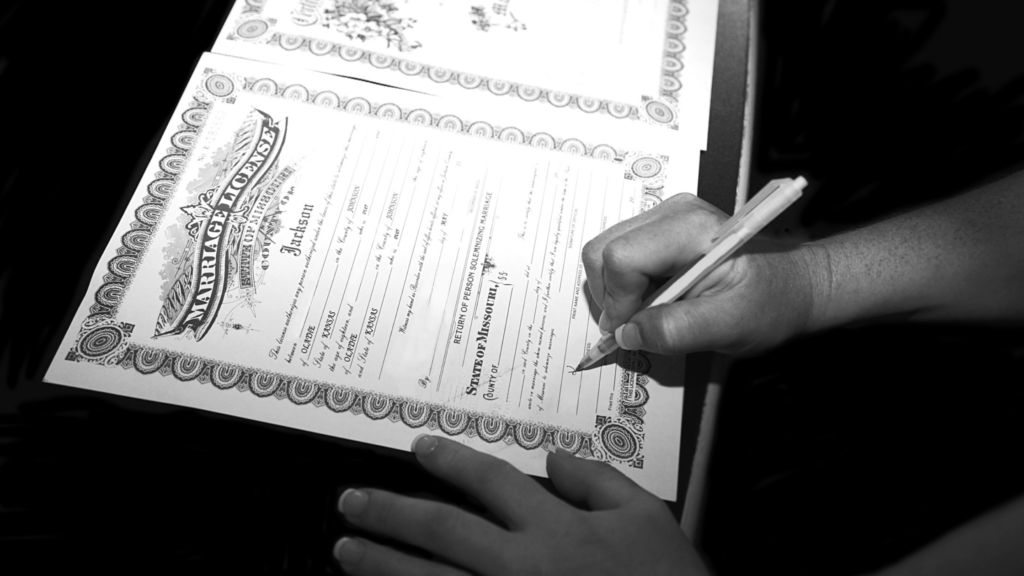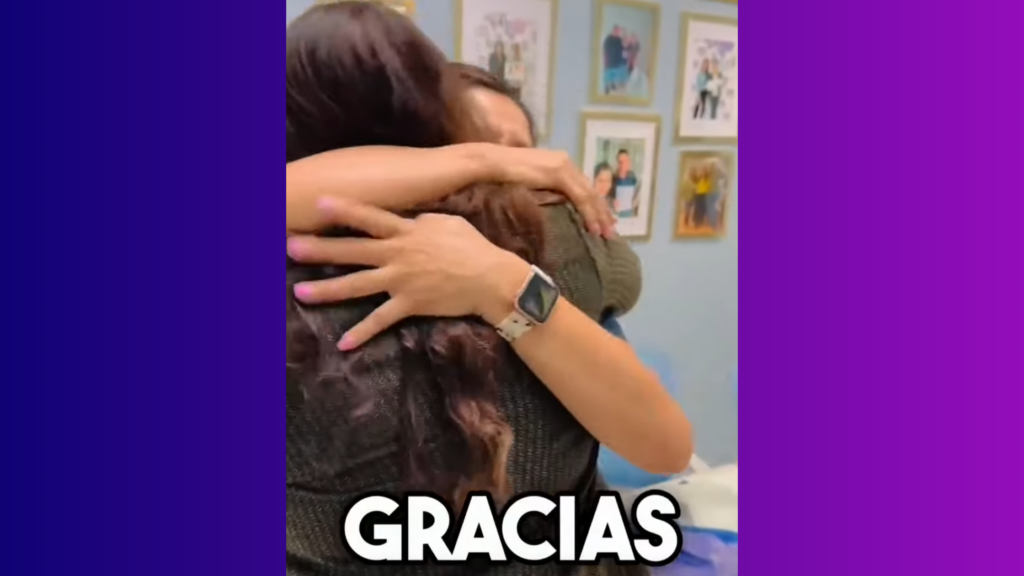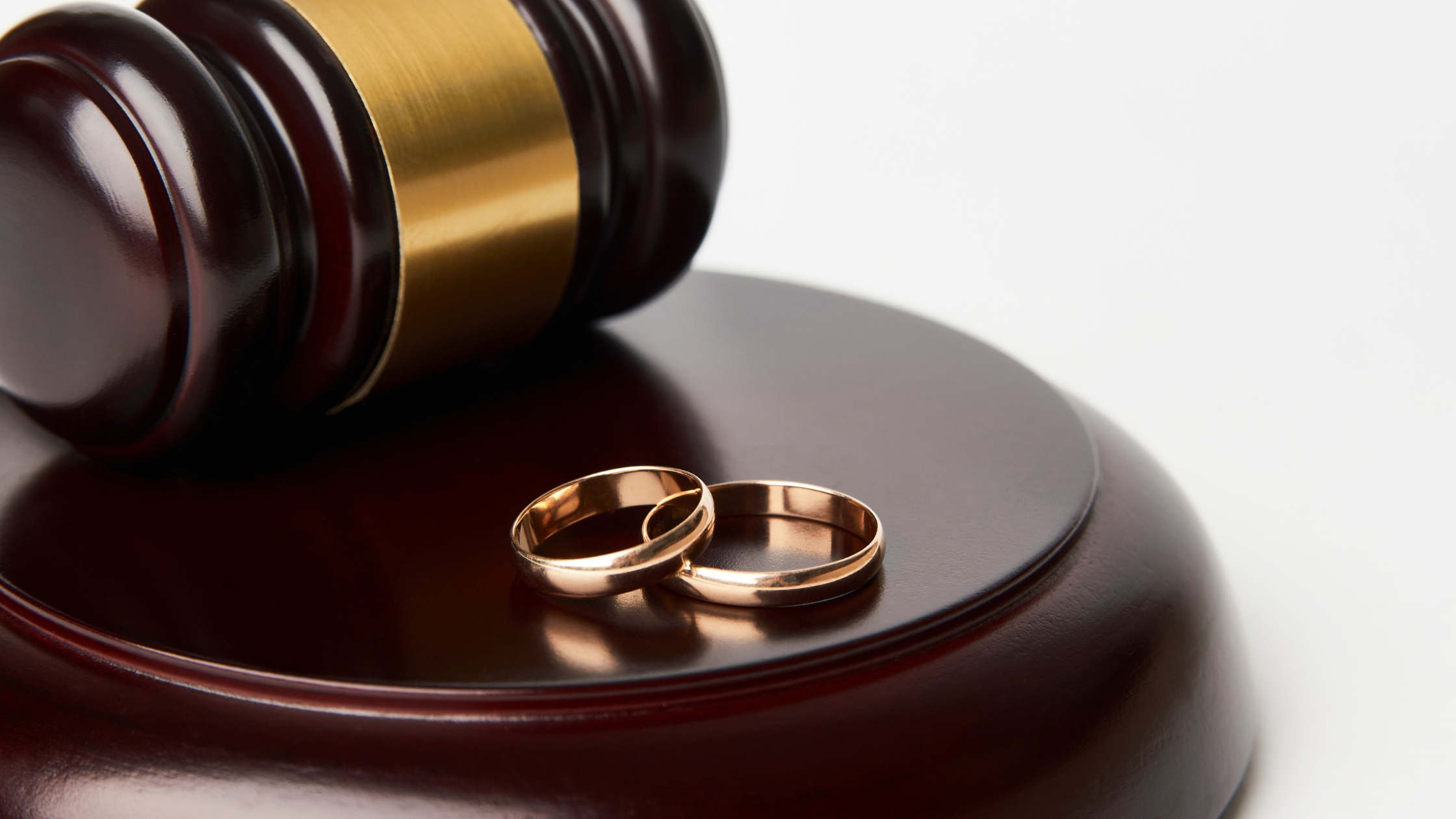For immigrant survivors of abuse, ensuring marriage validity for VAWA is a crucial step in obtaining lawful status without relying on an abusive U.S. citizen or lawful permanent resident (LPR) spouse. To qualify for Violence Against Women Act (VAWA) as a spouse, you must first prove that you were in a legally valid marriage. This can be straightforward when there’s an official marriage certificate—but what if there are issues with how the marriage was conducted? Understanding marriage validity for VAWA applicants is essential to ensure your self-petition is successful.
What Makes a Marriage Valid for VAWA?

Under Illinois law (750 ILCS 5/), a marriage is valid if:
- The couple obtained a marriage license before the ceremony.
- The marriage was solemnized by an authorized officiant.
- Both parties were legally eligible to marry (of legal age, not closely related, not already married).
Common Marriage Issues in VAWA Cases

For VAWA applicants, proving a valid marriage can be complicated in cases such as:
- Marriages Conducted Abroad – If your marriage took place in another country, it must comply with that country’s legal requirements to be recognized in the U.S. However, if your marriage violates Illinois public policy (such as child marriage or polygamy), it will not be recognized, potentially affecting your VAWA eligibility.
- Religious or Customary Marriages – If you had a religious or cultural marriage that did not follow the legal process (e.g., no civil registration or marriage license), it may not be valid under Illinois law. In some cases, evidence like witness affidavits, joint financial records, or State Department guidance can help establish the marriage’s legitimacy.
- Abusive Spouse Destroyed or Withheld Marriage Proof – Some abusers refuse to give their victims access to legal documents. If you are missing your marriage certificate, there are alternative ways to prove your marriage validity for VAWA’s purposes, including:
- Affidavits from people who attended your wedding or knew you as a married couple.
- Joint bank accounts, lease agreements, or tax filings.
- Photos, wedding invitations, or social media posts showing your marital relationship.
- Bigamy or Fraudulent Marriages – If your abusive spouse was already married to someone else when they married you, your marriage may be void under Illinois law. However, VAWA allows self-petitioning based on a “good faith” marriage, meaning if you believed your marriage was legal, you can still qualify.
What If My Marriage Isn’t Recognized?

Even if your marriage is legally invalid, you may still be eligible for VAWA if you:
- Entered the marriage in good faith, believing it was legally valid.
- Were subjected to battery or extreme cruelty by your U.S. citizen or LPR spouse.
- Can provide alternative evidence of your relationship and abuse.
When to Seek Legal Help

For many VAWA applicants, proving marriage validity for VAWA’s purposes can be difficult without legal guidance. If your marriage was not officially registered or if your spouse controlled access to legal documents, an experienced immigration attorney can help build your case. Legal experts can assist in gathering supporting evidence such as sworn affidavits, witness testimonies, and financial records that demonstrate a bona fide marriage. Additionally, if your abusive spouse attempted to manipulate your immigration process, you may still qualify for VAWA relief. Seeking professional guidance can improve your chances of a successful self-petition.
Final Thoughts

If you’re facing challenges proving marriage validity for VAWA case, don’t lose hope. There are legal strategies to help establish your eligibility. At Qazi Law, we specialize in helping immigrant survivors navigate the complexities of VAWA petitions, including issues with marriage validity for VAWA applicants.
📞 Need help with your VAWA case? Contact us today for a confidential consultation. Call 630-504-0648 or book an appointment with Attorney Farrah to discuss your case.
Join Our Daily Live Shows: Tune in every day at 12 PM on TikTok and Facebook (Qazi Law Offices) for updates and advice.
Sign Up for Our Newsletter: Receive weekly immigration news and free toolkits.
Facebook: Qazi Law Offices
Instagram: AbogadaFarrahQazi
LinkedIn: Qazi Law offices

